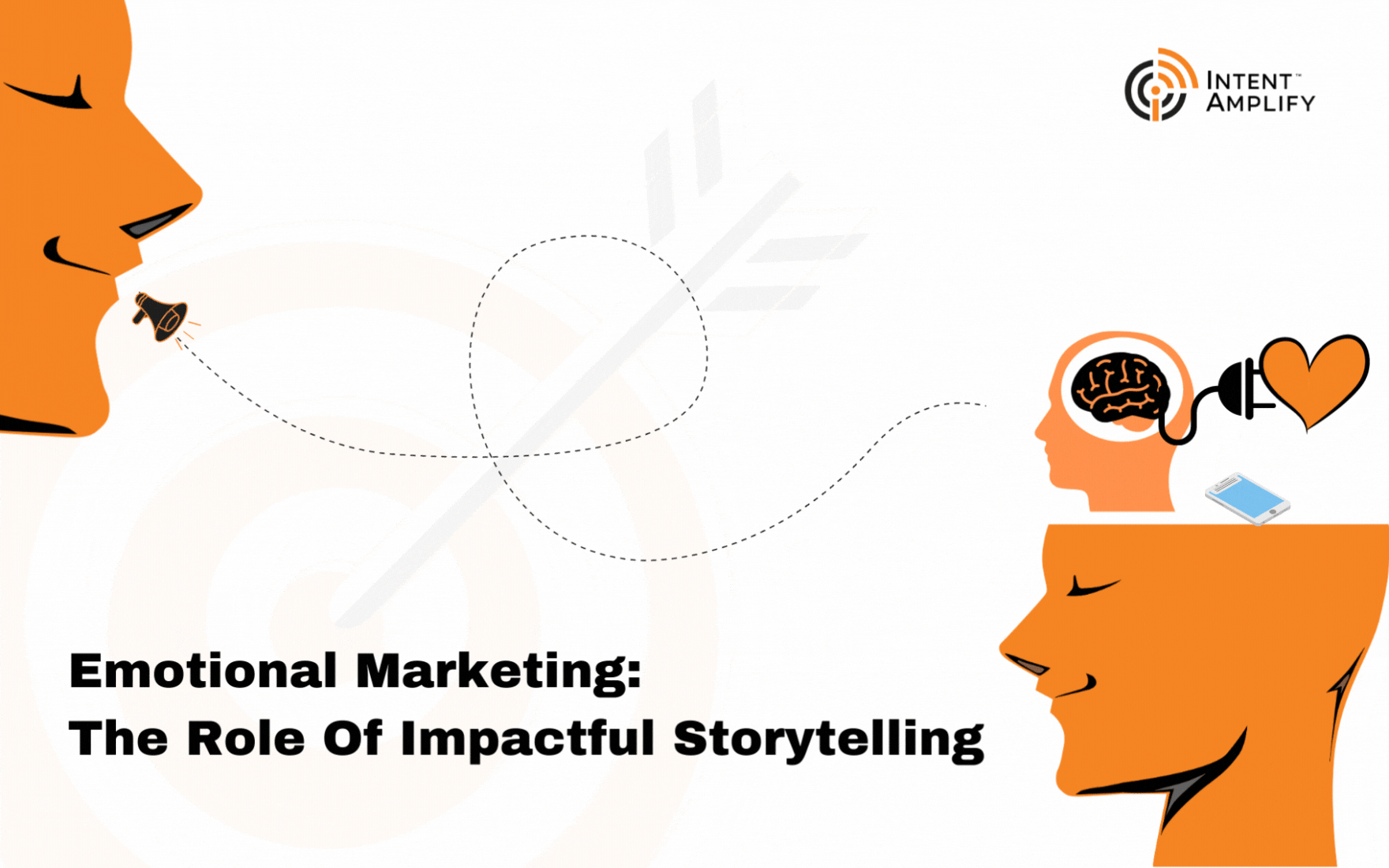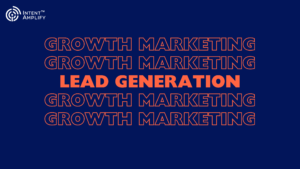
Emotional Marketing: The Role of Impactful Storytelling
Emotional marketing refers to a set of activities aimed at triggering particular emotional responses. The idea is to tap these responses and help target audiences along the path to purchase a product or service. And, at the heart of every successful campaign lies powerful storytelling.
Storytelling has been around practically since the very beginnings of human civilizations. Take for instance the scribblings inside the stone age caves; an art that has not only amused us but has also proved to be instrumental in giving us a glimpse of the lives of those who lived before us.
Cut to the marketing scene today and you will note that when it comes to connecting with your audience on an emotional level, stories play a critical role. When you are telling a story that your audience can relate to, you are actually engaging in emotional marketing by creating a bond that will make them more likely to buy from you, support your cause, or take action.
The neuroscience behind emotional marketing
There was a certain research conducted by Paul Zak and his team at Claremont Graduate University that provides some of the most compelling evidence to date on the power of storytelling. In their study, they found that people who listened to stories driven by emotions had higher levels of oxytocin than those who listened to non-emotional stories.
Oxytocin is a hormone that is released when we feel connected to others. It is often referred to as the “love hormone” or the “moral molecule” because it promotes feelings of empathy, trust, and cooperation.
When we hear a good story, our brains release oxytocin. This is because stories allow us to connect with the characters and feel their emotions. When we feel empathy for the characters, our brains release oxytocin, which makes us more likely to want to help them.
This is why emotional marketing through storytelling is such a powerful strategy for influencing people. By telling stories that connect with people on an emotional level, we can motivate them to take action.
Brand Storytelling – the secret sauce of success
According to Accenture Strategy’s Global Consumer Pulse Research, 64% of consumers prefer brands that are vocal about their purpose. Additionally, 65% are more inclined to avail a product or service from a brand based on the words, actions, values and beliefs of its employees.
Every business wants customers to engage with their brand, but most fall short of establishing an emotional connection. Here, brand storytelling can serve as the proverbial bridge between businesses and consumers, allowing companies to build more with their buyer personas. Providing customers with a cohesive story that sums up your brand, accomplishes a lot more than just encouraging them to buy your product or service. It allows them to peek into the essence of your business, its purpose, and its significance. A brand narrative not only cultivates a sense of support for your brand among consumers but also has the potential to inspire a passionate brand loyalty.
What does it take to create a strong brand narrative?
The scope of brand storytelling extends beyond the ‘about us’ page to your blogs, email campaigns and social media besides any additional forms of communication. It should be consistent across all platforms or at least not contrary to what your brand represents.
If you have a landing page that promotes your visitors to download your latest infographic, instead of just summarising its content, you may consider mentioning the background of what prompted you to develop this infographic and why this material could be of interest to your customers. This may indicate that you empathise with your customers and are aware of their pain points.
Turn your customers into brand ambassadors
Another great way to build a strong narrative is to let your customers be the heroes. A city’s economic development office wanted to create a narrative that would motivate and empower consumers. They did so by starting a blog series where local businesses could tell their stories about why they chose to locate in the city and what their experience working with the economic development office has been like. This is a unique way to do brand storytelling because it comes from the customers rather than the business itself. This makes the stories more credible and believable, and it also helps to create a sense of community among the businesses in the city. When people hear stories from other people, they are more likely to believe them and be persuaded by them.
Does emotion play any role in the B2B world? – You’d be surprised!
Emotional marketing can appear native to B2C content, but it’s almost foreign to B2B. The foremost reason being—it’s unlikely for your audience to engage with your brand emotionally when you’re selling complex solutions to businesses. Despite this, it is heartening to see that B2B marketers are becoming more customer-centric and ramping up their branding efforts.
But does emotional marketing really cut the deal for B2B?
A study by Google and CEB’s Marketing Leadership Council found that B2B customers are surprisingly, significantly more emotionally connected to their vendors and service providers than consumers. Of the 9 B2B brands studied, 7 brands had displayed more than 50% level of emotional connection with their vendors and service providers.
There are a few possible explanations for this finding. One possibility is that B2B purchases are often more complex and involve more risk than B2C purchases. This can lead to B2B customers feeling more anxiety and uncertainty about their decision-making process. As a result, they may be more likely to be influenced by emotional factors, such as trust and confidence, when making their decisions. Another possibility is that B2B customers are more likely to have personal relationships with the people they do business with. This can lead to them feeling a sense of loyalty and commitment to their vendors and service providers. As a result, they may be more likely to be influenced by emotional factors, such as the vendor’s reputation or the quality of the customer service they receive.
Whatever the reason, the finding that B2B customers are more emotionally connected to their vendors and service providers has important implications for B2B marketing. It suggests that B2B marketers need to focus on creating emotional connections with their customers in order to be successful. This can be done by using brand storytelling, creating positive experiences, and building relationships with customers.




